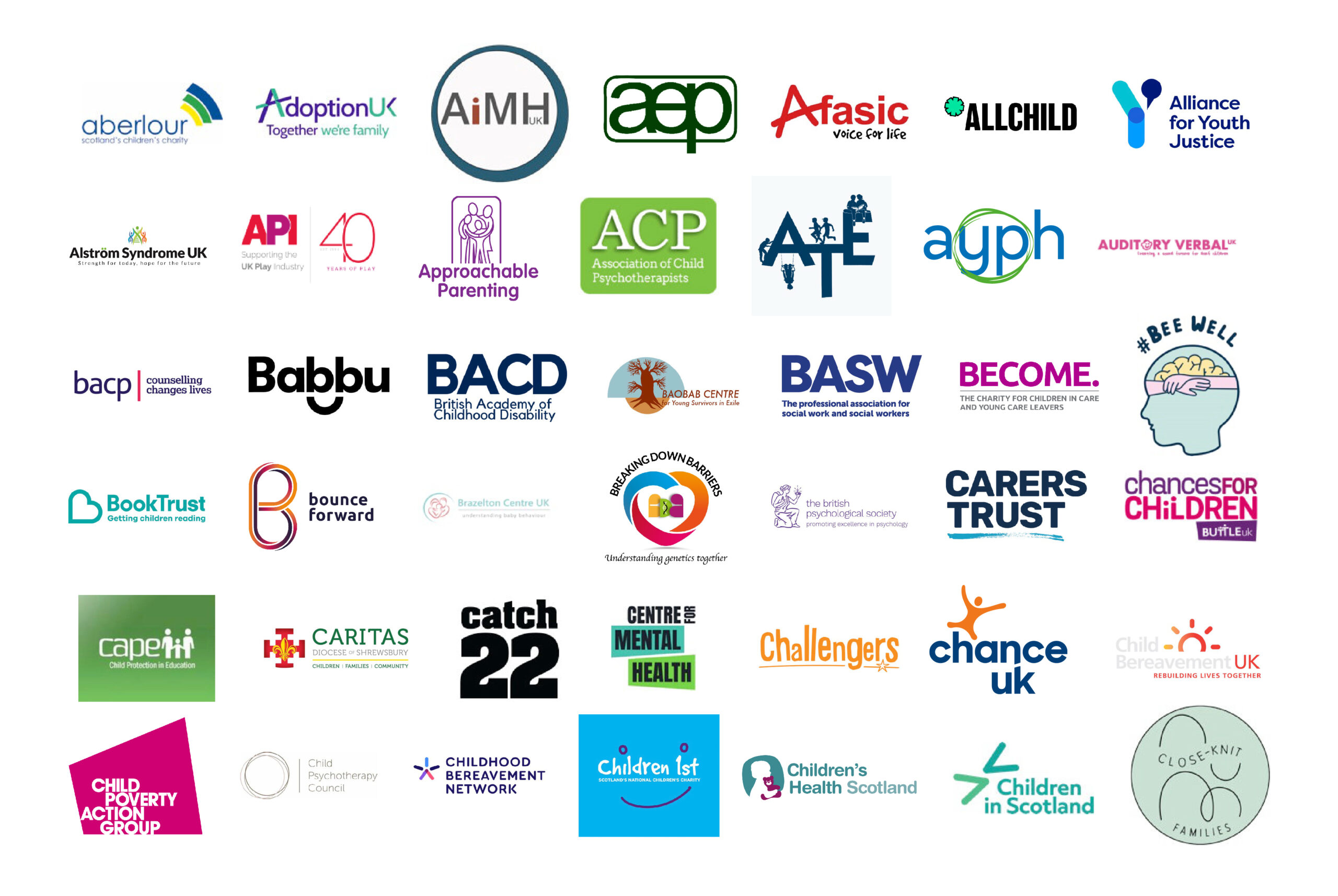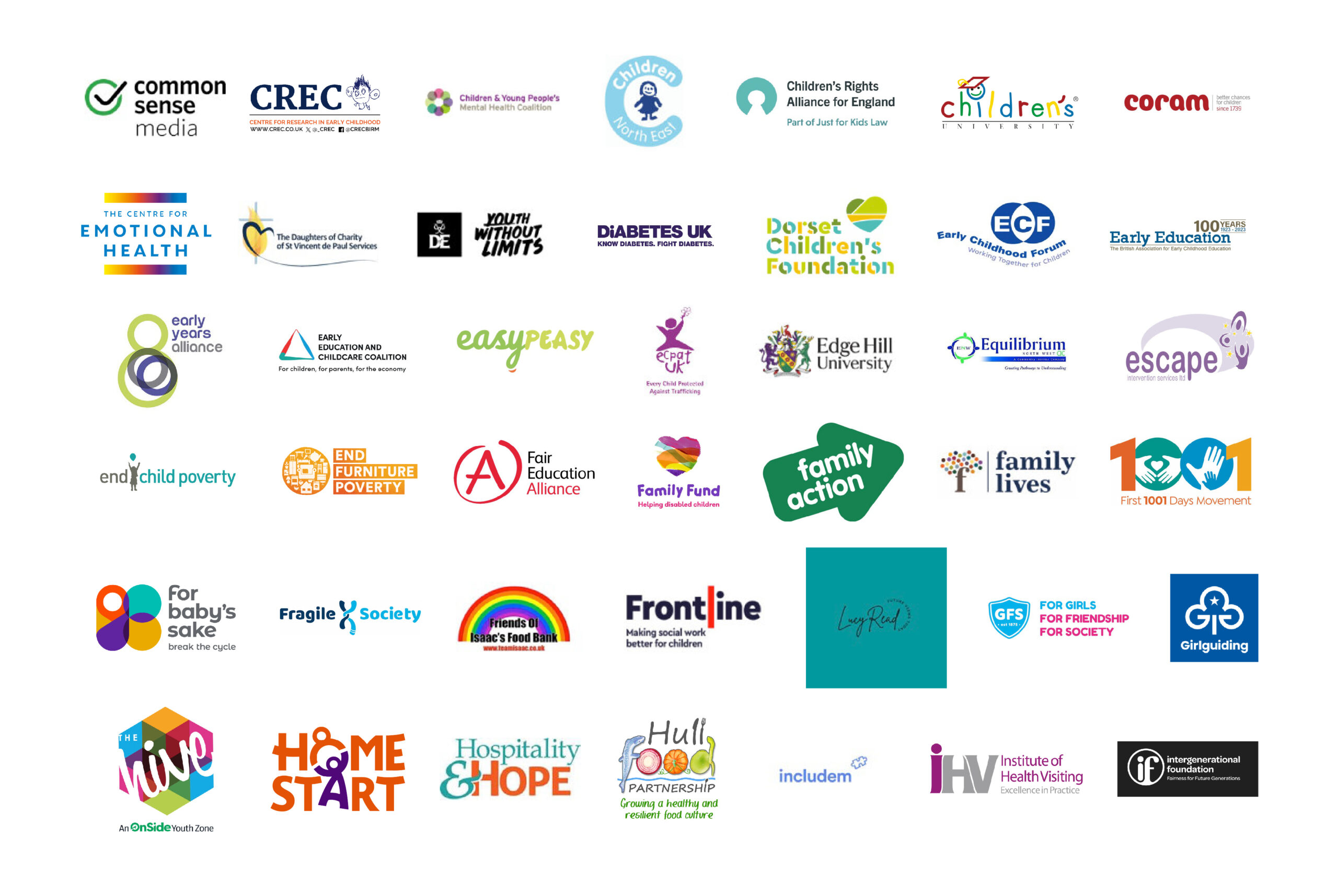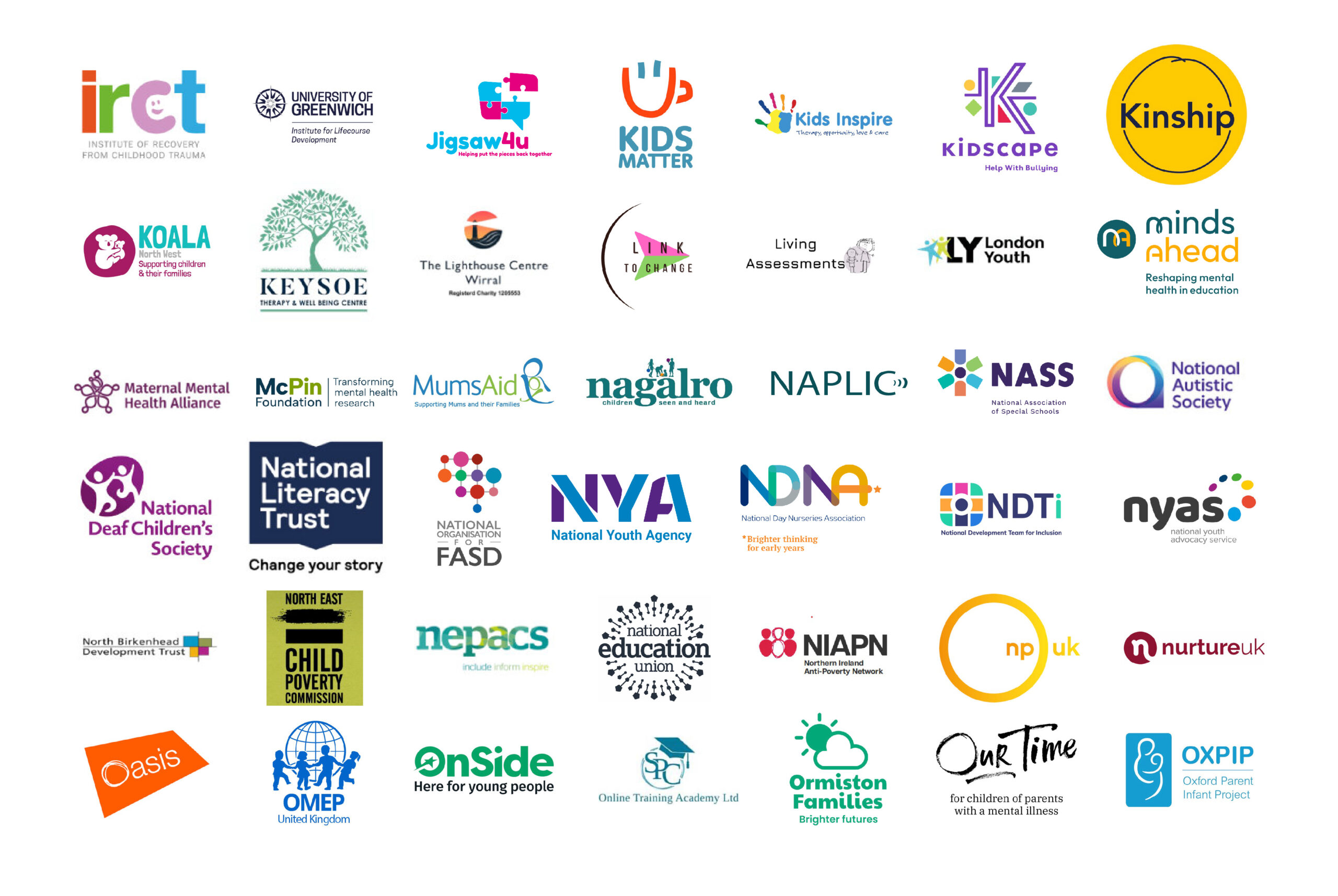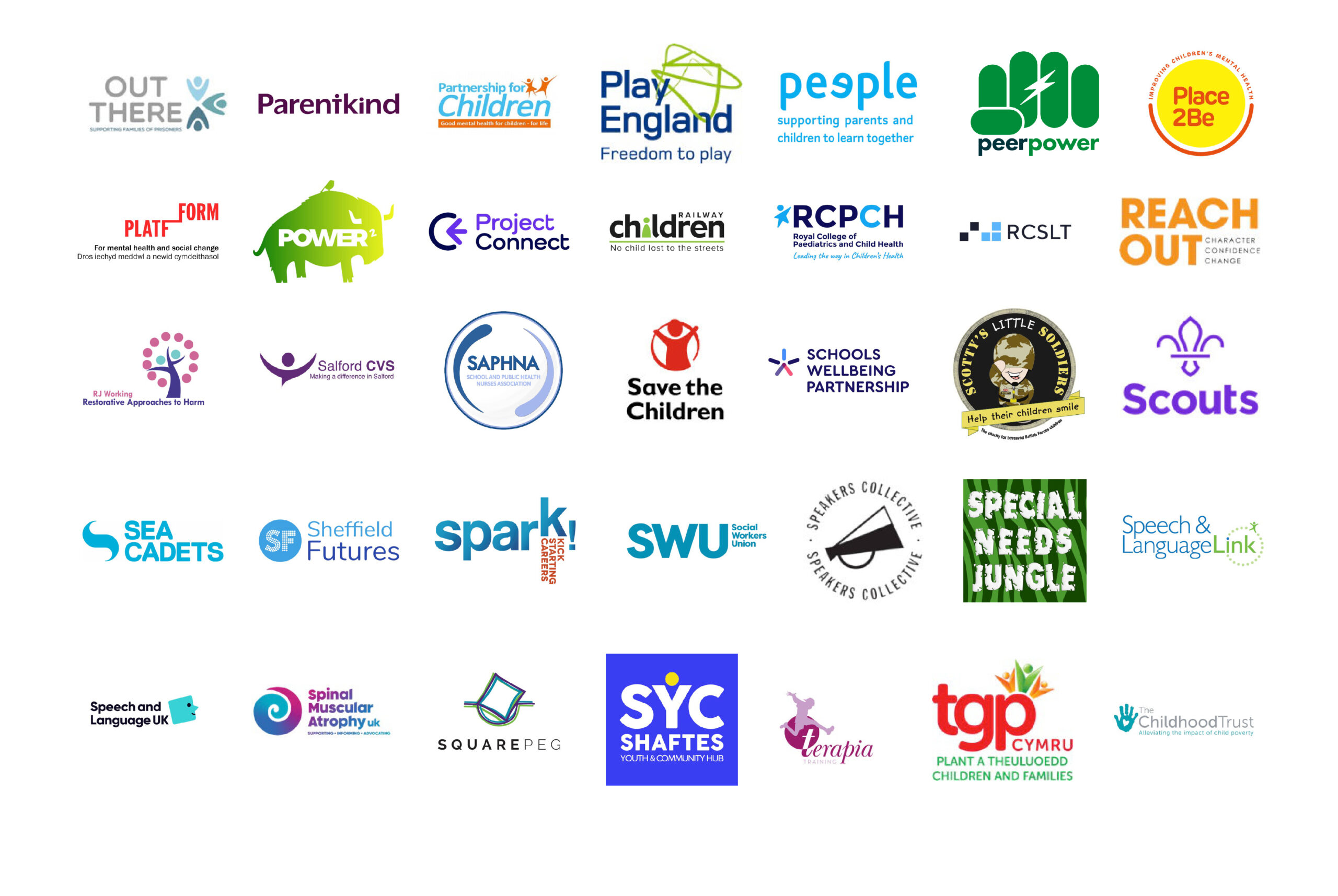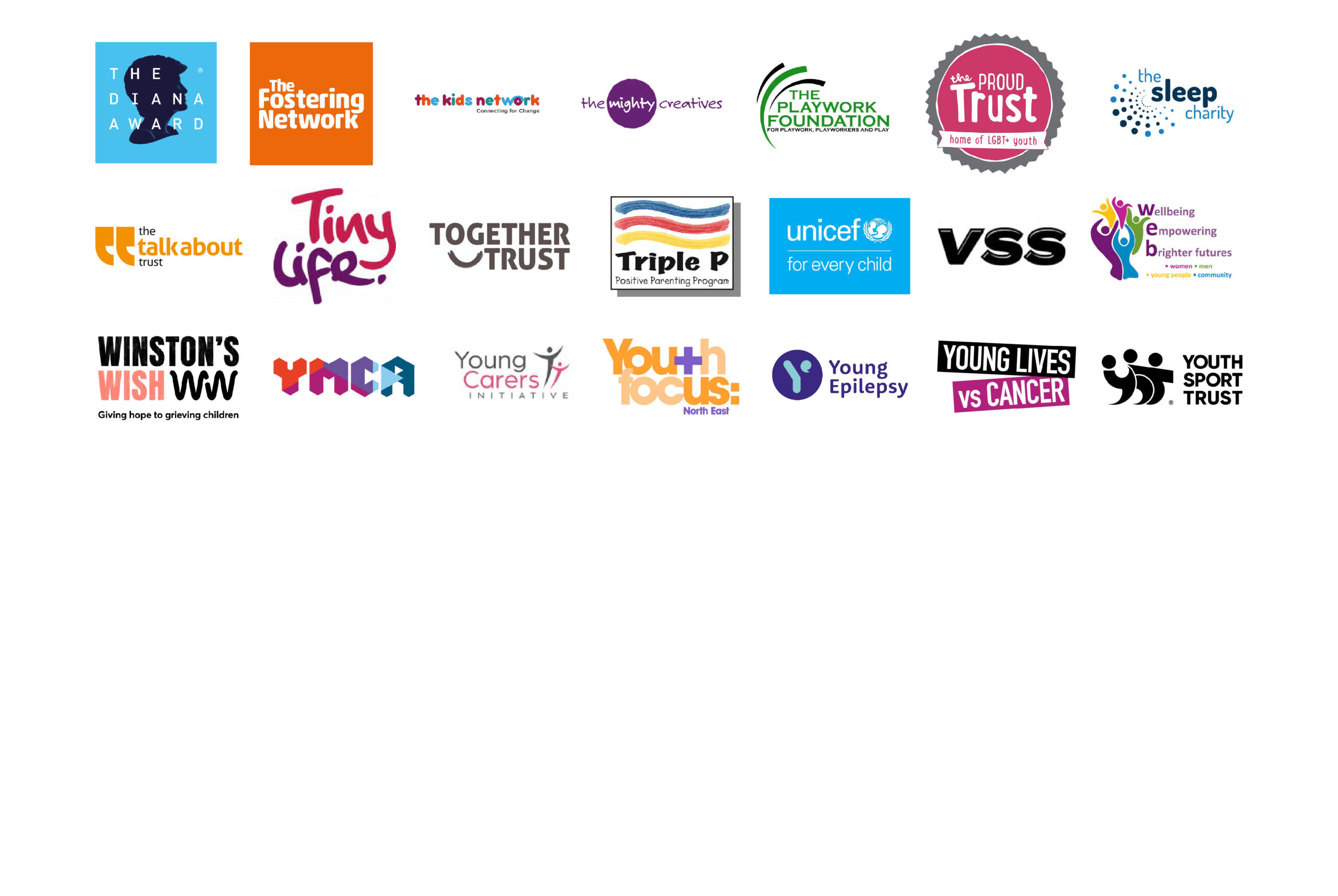Children at the Table
Ahead of the General Election in July 2024, the UK’s five leading children’s charities – Action for Children, Barnardo’s, The Children’s Society, the National Children’s Bureau and the NSPCC – came together with the support of nearly 200 organisations from the voluntary and community sectors to make sure the next government had a plan to put Children at the Table.

What next for the Children’s Charities Coalition?
Children at the Table has demonstrated how impactful collective action truly is. Together, we have amplified the voices of children and young people, taking them directly to Parliament to ensure that key political leaders are held to account.
Along with the campaign’s incredible supporters, we have achieved a large amount in a short time. But there is still much more to do.
The Children’s Charities Coalition will continue to collaborate and speak with one voice to call on the government to:
- Work together to improve the lives of babies, children and young people.
- Put children’s needs and voices at the heart of decision-making
- Spend more of the nation’s wealth on babies, children and young people
Our Resources
The Children at the Table campaign has come to an end but this website will remain as a bank of resources that support the continued work of the Children’s Charities Coalition.
